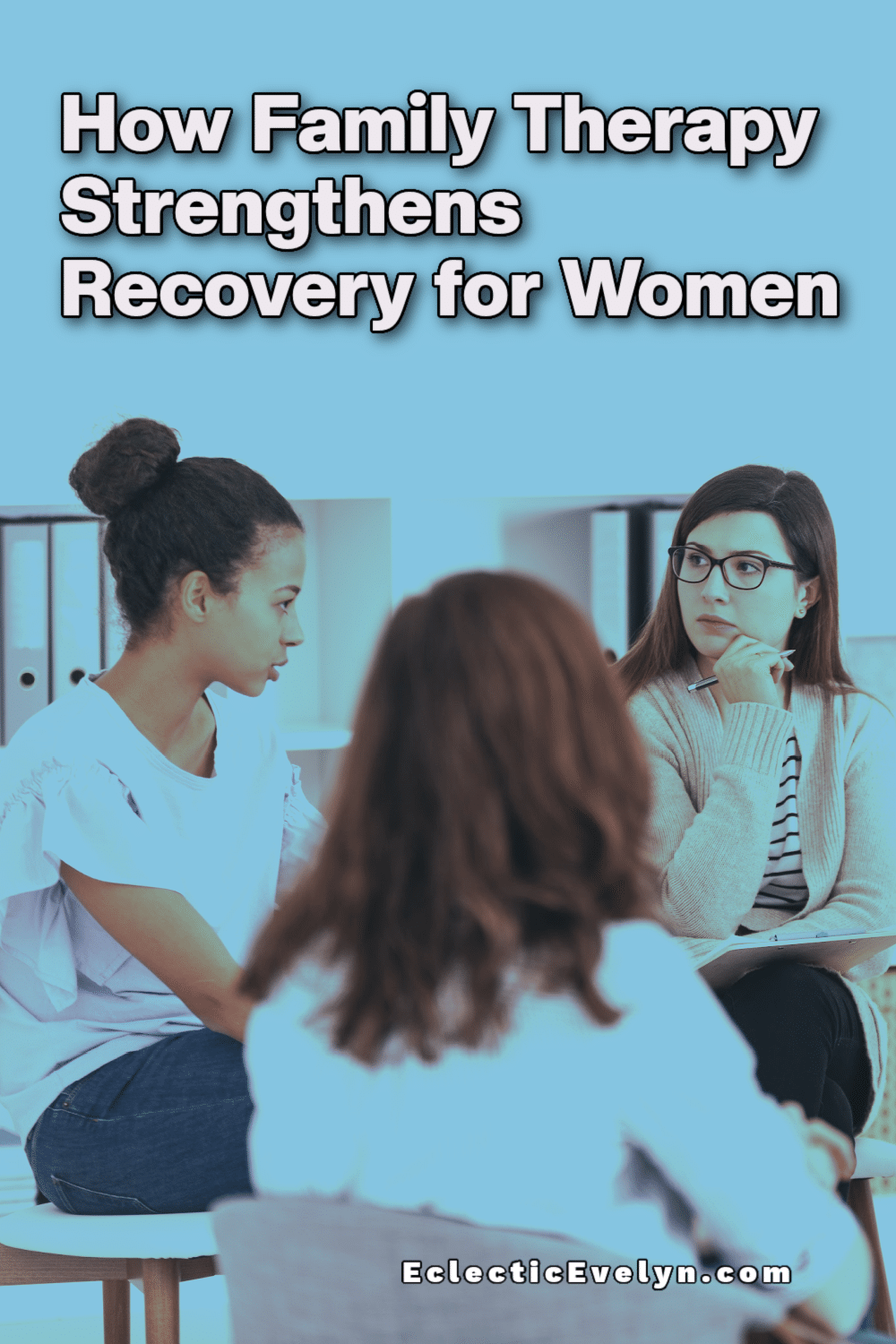Addiction is a pervasive issue that not only affects the individual but also ripples out to impact families and communities. For women, the journey to recovery can be uniquely challenging, often intertwining with roles as caregivers, mothers, or partners. Integrating family therapy into the recovery process is a transformative approach that acknowledges and utilizes these relationships as a source of strength. This article explores how family therapy can be a cornerstone in reinforcing recovery for women, offering a path not just to sobriety but to healing and empowerment.
The Role of Family in Recovery
Family dynamics play a crucial role in the recovery process, especially for women. The support system, communication patterns, and emotional bonds within a family can significantly influence a woman’s journey to recovery. A supportive family can provide a stable environment, emotional support, and understanding, which are vital components in overcoming addiction. However, dysfunctional family relationships can also contribute to stress and relapse. This is where family therapy comes in.
Understanding Family Therapy
Family therapy is a type of psychological counseling that helps family members improve communication and resolve conflicts. It is often short-term, involving all family members or just those willing to participate. This therapeutic approach recognizes that a woman’s battle with addiction is not fought in isolation but is deeply affected by her family environment.

The Benefits of Family Therapy in Women’s Recovery
- Improved Communication: Family therapy opens up communication channels, helping women and their families to express their feelings and concerns in a safe, non-judgmental environment. This improved communication can lead to better understanding and stronger familial bonds, which are essential for recovery.
- Addressing Underlying Issues: Often, addiction stems from or is exacerbated by underlying family issues. Family therapy helps to uncover and address these issues, whether they’re related to past trauma, relationship dynamics, or other stressors.
- Enhancing Support Systems: Through therapy, family members learn how to support their loved one’s recovery journey effectively. They gain insight into the nature of addiction and how they can contribute to a healthy, substance-free environment.
- Reducing Relapse Risks: By involving the family in the recovery process, women are less likely to relapse. The family becomes an informed and empathetic support network, equipped to recognize warning signs and provide the necessary support.
- Healing Together: Addiction can cause deep wounds within a family. Therapy provides a space for healing these wounds, fostering forgiveness, understanding, and a fresh start for all involved.
Integrating Family Therapy with Women’s Drug Rehab
Integrating family therapy with a specialized women’s drug rehab program is crucial. Such programs are tailored to address the specific needs of women in recovery, considering factors like mental health, family responsibilities, and societal pressures. Incorporating therapy enhances these programs by providing a holistic approach that acknowledges the importance of family support in a woman’s recovery journey.

What to Expect During Family Therapy
Supporting a loved one recovering from addiction involves a collaborative effort within the family unit. Here’s what to anticipate in these sessions:
- Understanding Addiction: Sessions start with education about addiction, fostering empathy and dispelling misconceptions among family members.
- Open Dialogue: Creating a safe space for open communication allows family members to express feelings and concerns without judgment, promoting understanding and mutual support.
- Exploring Family Dynamics: Discussions delve into family dynamics, identifying unhealthy patterns and roles that may have enabled the addiction, paving the way for positive changes.
- Setting Healthy Boundaries: Establishing clear boundaries is essential for fostering trust and accountability within the family, promoting respect and emotional safety.
- Rebuilding Trust: Sessions focus on rebuilding trust and repairing relationships through honest communication, forgiveness, and mutual support.
- Coping Strategies: Families learn coping strategies to navigate stress and setbacks effectively, promoting resilience and mutual support throughout the recovery journey.
- Addressing Co-occurring Issues: Sessions address co-occurring mental health issues or family conflicts, providing holistic support for sustained recovery.
- Celebrating Progress: Progress and milestones are celebrated collectively, reinforcing positive behavior changes and fostering optimism for the future.
Supporting a loved one in addiction recovery involves understanding, open communication, and a commitment to mutual growth within the family. By addressing underlying issues, setting healthy boundaries, and celebrating progress, families can navigate the challenges of addiction recovery together, fostering resilience and lasting positive change.
Evidence Supporting Family Therapy
Research underscores the efficacy of family therapy in addiction treatment. According to the Substance Abuse and Mental Health Services Administration, family therapy can improve treatment outcomes for individuals with substance use disorders. Another study published in the Journal of Substance Abuse Treatment found that family therapy leads to higher rates of abstinence, improved relationships, and better psychological well-being.

Family therapy is not just an add-on to addiction treatment; it’s a vital component that amplifies and sustains recovery, especially for women. By repairing relationships, enhancing communication, and creating a supportive family environment, family therapy lays a foundation for long-term recovery and a healthier, happier future. As we continue to battle the pervasive issue of addiction, the inclusion of family therapy in treatment programs offers not just hope but a tangible path to a brighter future for women and their families.





